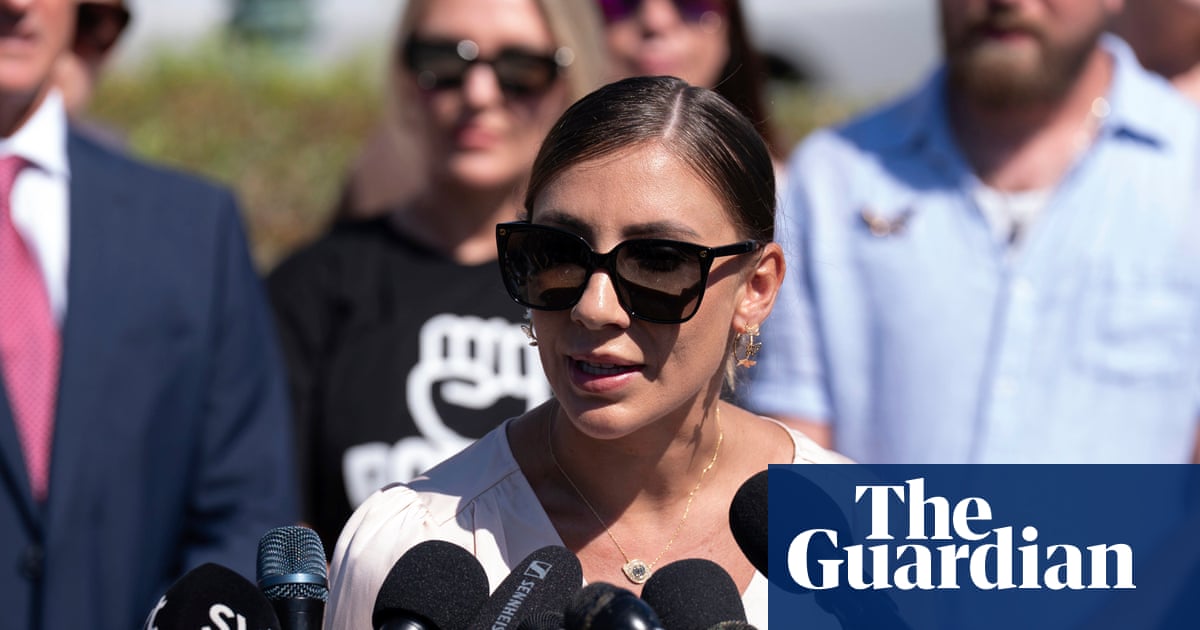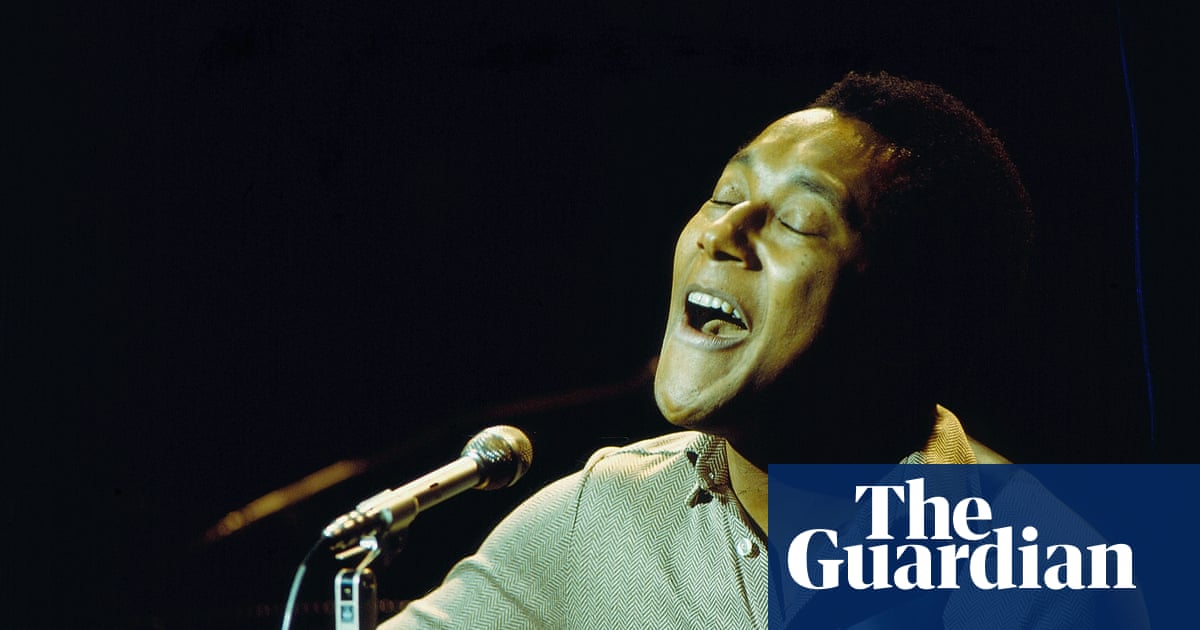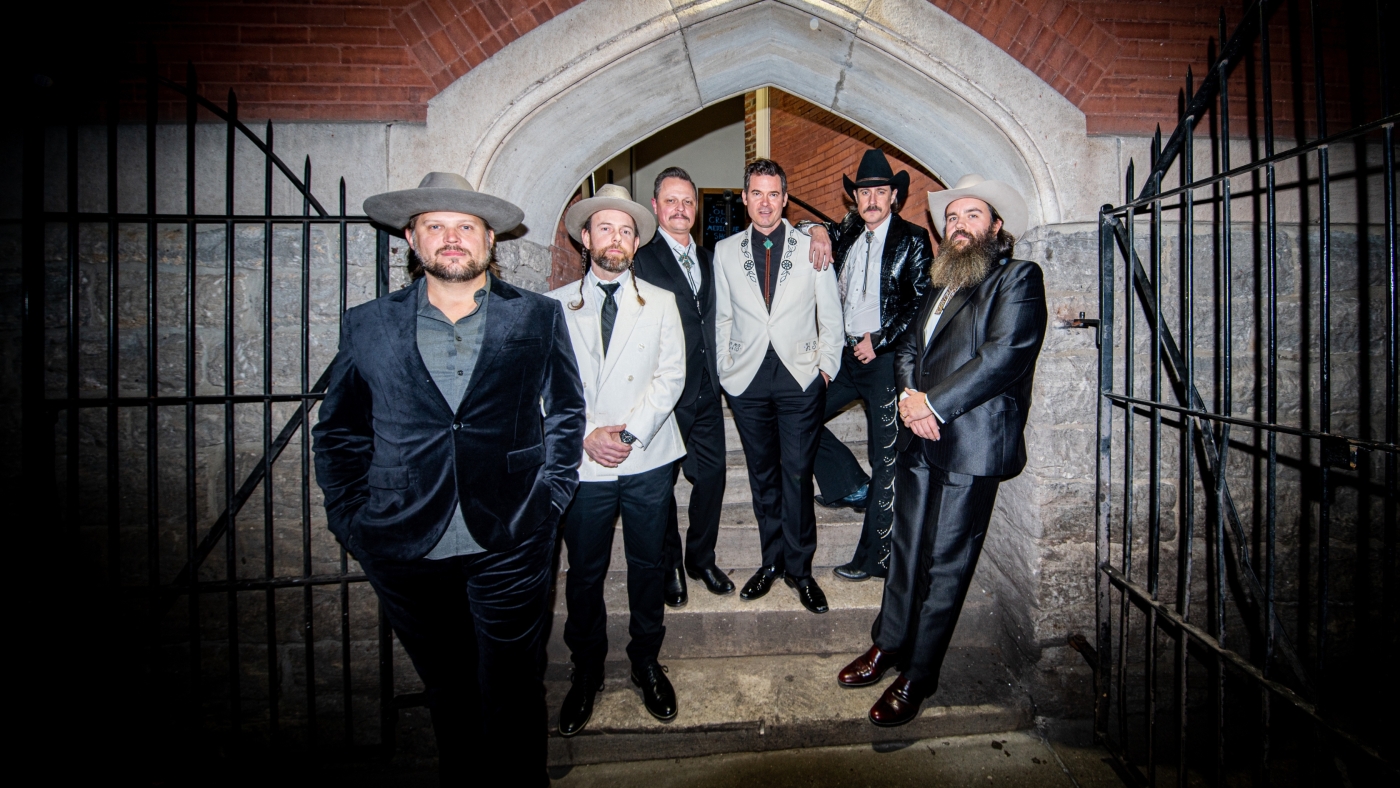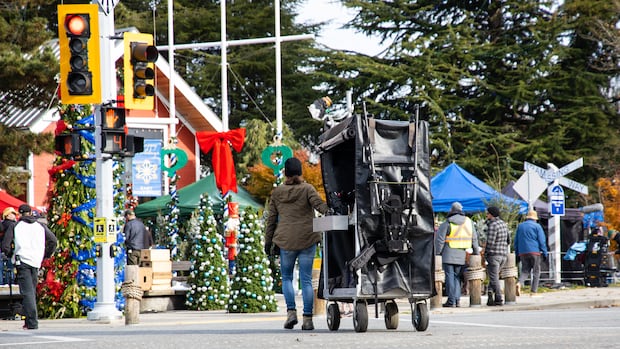Plans for two large artworks to be installed in a North Yorkshire town as part of a multimillion-pound redevelopment scheme have been submitted.
The sculptures would be situated in the centre of Catterick Garrison and have been inspired by the…

Plans for two large artworks to be installed in a North Yorkshire town as part of a multimillion-pound redevelopment scheme have been submitted.
The sculptures would be situated in the centre of Catterick Garrison and have been inspired by the…

One of the victims of the convicted child sex offender Jeffrey Epstein has called for Andrew Mountbatten-Windsor to answer questions in the US, while a lawyer for the former royal’s accuser said those who had previously believed his denials…

Kate Middleton and Princess Charlotte’s bond stole the show at the royal…

Hundreds of people braved chilly waters to take part in the 60th annual Christmas Day dip at a popular seaside resort.
Despite a yellow weather warning for wind, organisers said more than 1,800 people entered the water in Porthcawl, Bridgend…

I grew up listening to the Mamas and the Papas’ hits but had never heard their albums before this year. I had no idea anything as creepy as Mansions lurked within their sunny oeuvre. Its sound is…

Old Crow Medicine Show
Courtesy of the artist
…

“Photographer Ernesto Roman takes us through the streets of Chinatown in New York City, his adopted home. Restaurants, street food carts at night and close-ups of succulent Cantonese foods showcase the neighbourhood’s rich and diverse culinary…
Here’s a special Christmas episode brought to your feed from KUOW’s arts and culture podcast Meet Me Here:
The holiday season means trees, cookies, family, spirituality, or presents to many. For Meet Me Here‘s Dyer Oxley, it means it’s time…

Listen to this article
Estimated 4 minutes
The audio version of this article is generated by AI-based technology. Mispronunciations can occur. We are working with our partners to continually review and improve the results.
Hallmark movies are kind…